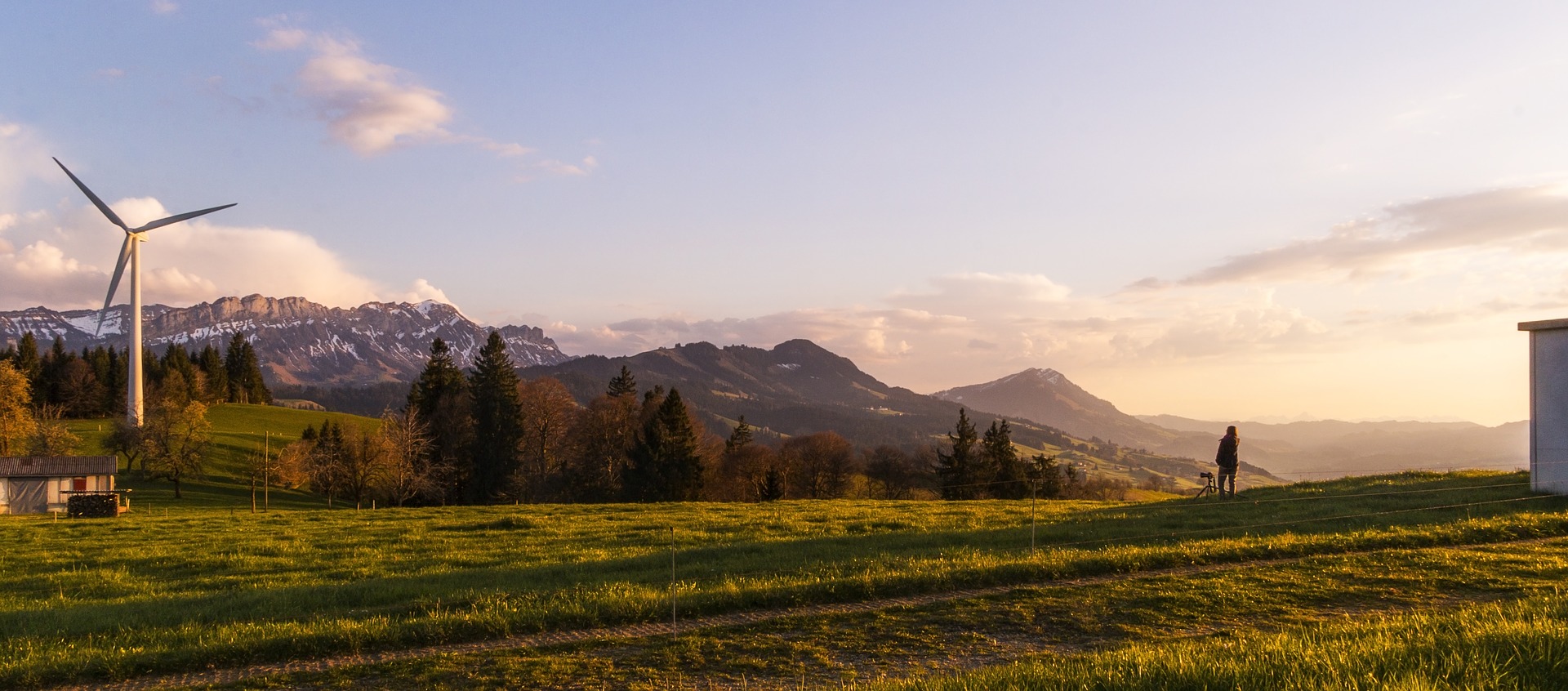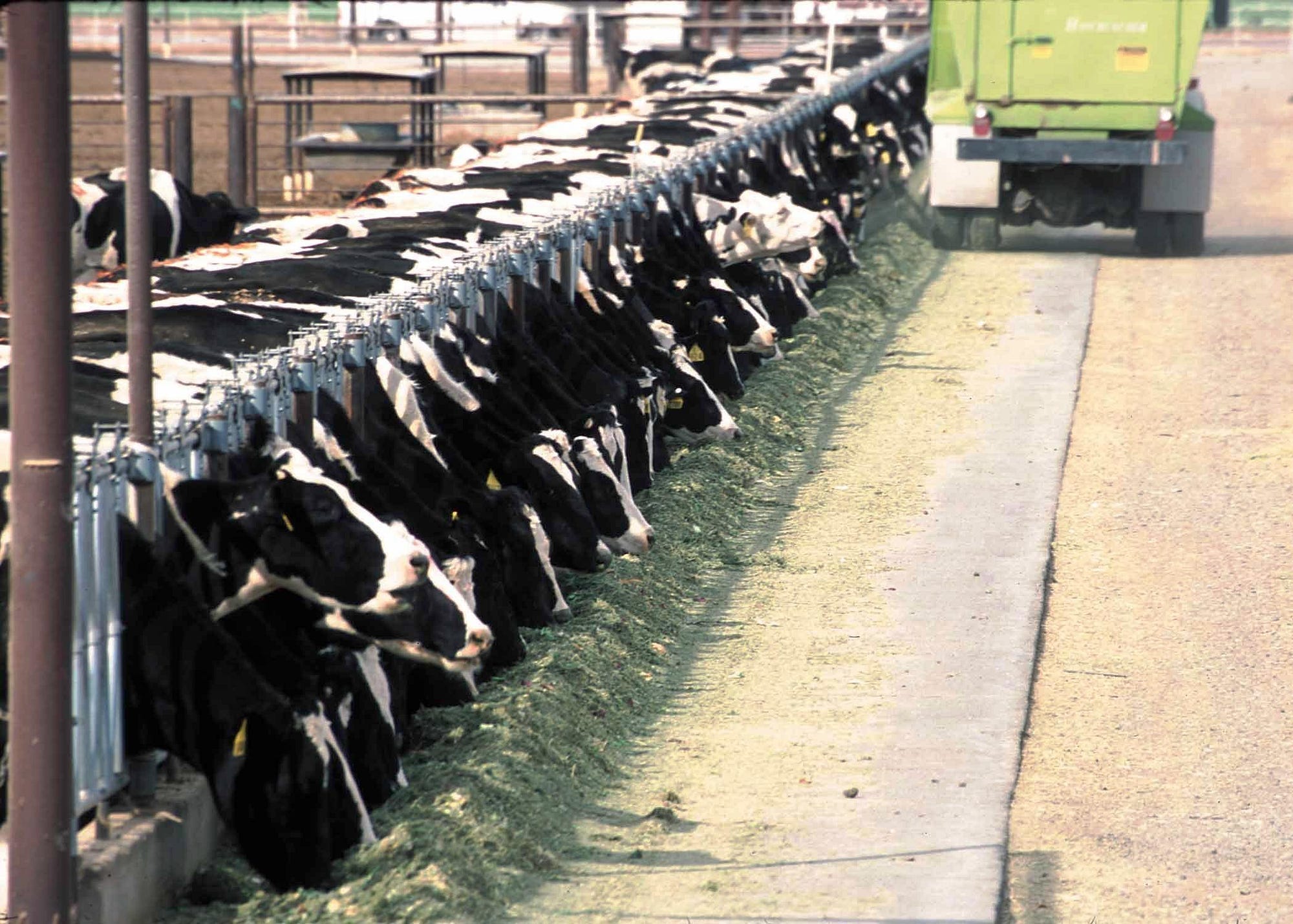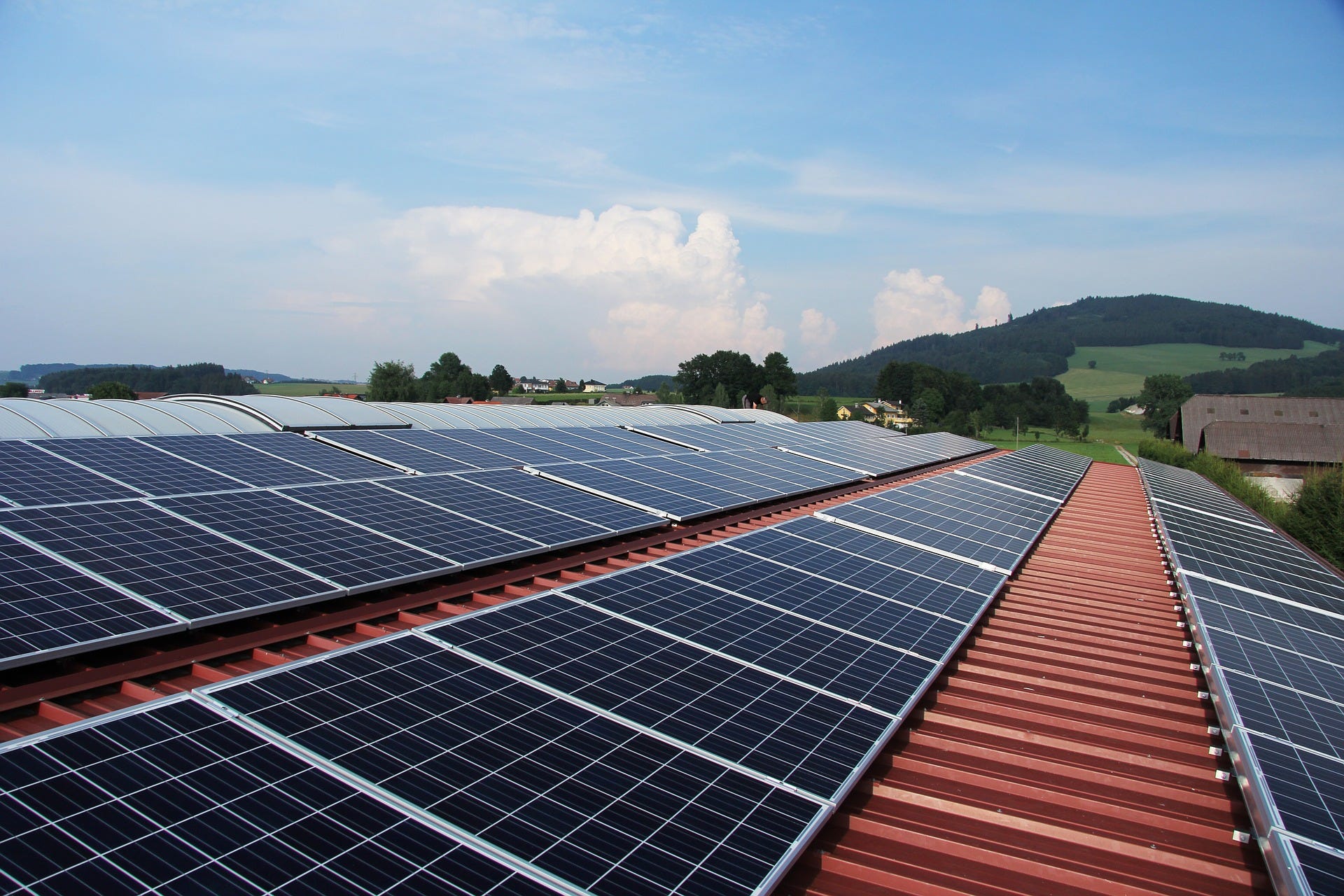
A Green New Deal to Save People and the Planet
The U.S. Climate Report released in November and the Intergovernmental Panel on Climate Change report released in October confirmed what we already know based on the extreme fires, droughts and hurricanes that have wreaked devastation on our country this past year: the climate crisis is here. We need a Green New Deal to prevent climate catastrophe and fight rising social, racial, economic and gender inequities.
At its root, the climate crisis is the result of an economic system based on ever-increasing consumption that pushes the earth beyond its ecological limits. This system has also turned what should be a human right — from energy to food to clean air and water — into commodities. We need to remake financial and economic systems so that they serve people and the planet, not the other way around. We must also account for the United States’ tremendous ecological debt to the Global South and its responsibility as the largest historical climate polluter to rapidly reduce greenhouse gas emissions and provide finance for people in developing countries commensurate with what science and justice demand.
There is no room for the half solutions of the past. We cannot allow the vast political power of the fossil fuel or industrial agriculture lobbies to advance policies that continue our reliance on dirty energy and unsustainable food systems. The real answer to the climate change crisis lies in changing the way we manage, extract, use and distribute Earth’s natural resources. We need a new model of environmental, social, racial, economic and gender justice that upends traditional power structures in order to build a future where everyone has access to wealth, equitable decision-making and safety. Below are Friends of the Earth U.S.’s platform principles to guide a Green New Deal. Linked here are principles from our international network across 70 countries.
1. Cut greenhouse gas emissions
- Rapidly phase out all fossil fuel extraction and burning, starting with the projects and infrastructure that have the greatest impact on frontline communities and sensitive ecosystems.
- End subsidies for fossil fuel projects in the U.S. and overseas, as well as investments in expensive, unproven technologies that extend fossil fuel and nuclear power use. These include carbon capture and storage and small modular nuclear reactors.
- Put an end to energy waste through energy efficiency and energy saving, along with ending overconsumption by corporations and economic and political elites.
- We must fully decarbonize our transportation system. We must invest in public transit systems that serve those who need it most and are fully powered by renewable energy. We must phase out vehicles with combustion engines and clean up shipping. And instead of constructing new roads, highways and airport projects, we must reconnect our cities and suburbs to reduce vehicle and air traffic.
- Cut support for climate-polluting industrial animal agriculture (concentrated animal feeding operations, or CAFOs) by shifting federal subsidies away from CAFOs and chemical- and energy-intensive animal feed monocultures and instead support diversified, organic and regenerative agricultural practices that rely on low/natural carbon inputs and that store carbon in healthy soil.

- Shift public food purchasing and feeding programs (e.g., school lunch) away from carbon-intensive animal foods toward healthier, climate-friendly plant-based alternatives.
- Sequester biological carbon in addition to — and not in lieu of — reductions in greenhouse gas emissions. This must exclude forest carbon offsets and other carbon sequestration proposals such as chemical-intensive no-till farming or ocean fertilization that pose their own environmental risks.
- Reject the development, testing and use of controversial and unproven climate geoengineering techniques, including solar radiation management, greenhouse gas removal and sequestration and weather modification, which could have devastating impacts on the environment, ecosystems and communities across the world.
- Implement federal and state mandates to drive and assure policy compliance with greenhouse gas reduction targets, and to ramp up investments in renewable energy, energy efficiency, sustainable diets and ecological agriculture in line with the consensus of climate scientists.
2. Transition to 100 percent renewable, resilient and just energy and food systems
- Shift to 100 percent renewable energy. This includes major investments in solar, wind, geothermal and other technologies; updating our electrical grid; public and community ownership over power infrastructure; and the option for distributed energy sources in our homes and communities.
- Enact binding laws to ensure the fundamental right to renewable energy for all, based on democratic and community control.
- Switch subsidies and incentives away from climate-wrecking activities and massively ramp up public investment in ecological agriculture and renewable energy, both at home and overseas.
- Reject so-called energy solutions that further racial, economic and social inequities, such as large-scale hydroelectric dams, which can harm ecosystems and undermine livelihoods; biofuels and biomass, which can be carbon intensive, disrupt food systems and destroy forests; or waste-to-energy projects (e.g., trash incineration or biogas from factory farms), which can impact health.
- Reject carbon trading schemes, which can concentrate the dirtiest projects in marginalized communities, worsening environmental injustice and racism.
- Ensure energy sufficiency. This means sufficient universal energy access — at a level that respects everyone’s right to a dignified life.
- Promote food sovereignty and climate resiliency by guaranteeing the right to land, water and seeds, and ensuring local and Indigenous Peoples’ control over their territories and food systems.
- Recognize and empower the fundamental role of women in food production across the world.

3. Just transition with good jobs and worker rights
- A true just transition must provide a framework for transforming our economy to one based on energy democracy, food sovereignty, worker and community control, and protection of the right to water, food, land and energy for all.
- Shift to local solutions that make good on the promise of public ownership and cooperative control.
- Public policies should enable community management of forests and natural systems that are the best way to protect biodiversity and promote ecosystem restoration.
- Instead of an economy based on extraction and consumption where frontline communities are turned into sacrifice zones, we must foster ecological resilience to restore biodiversity and other natural systems.
- Promote organic and ecological small- and mid-scale food production systems which support thriving local economies and higher numbers of dignified jobs than energy-intensive large-scale commodity agriculture.
- Ensure the right for people to have dignified work and safe workplaces, as well as a guaranteed family-sustaining wage, hours and benefits. Protect the rights of workers to organize, engage in collective bargaining and undertake workplace actions.
- The Green New Deal process must be transparent and include frontline peoples, affected communities and workers at every stage from planning through implementation.
Related Posts
Ways to Support Our Work

Read Latest News
Stay informed and inspired. Read our latest press releases to see how we’re making a difference for the planet.

See Our Impact
See the real wins your support made possible. Read about the campaign wins we’ve fought for and won together.

Donate Today
Help power change. It takes support from environmental champions like you to build a more healthy and just world.